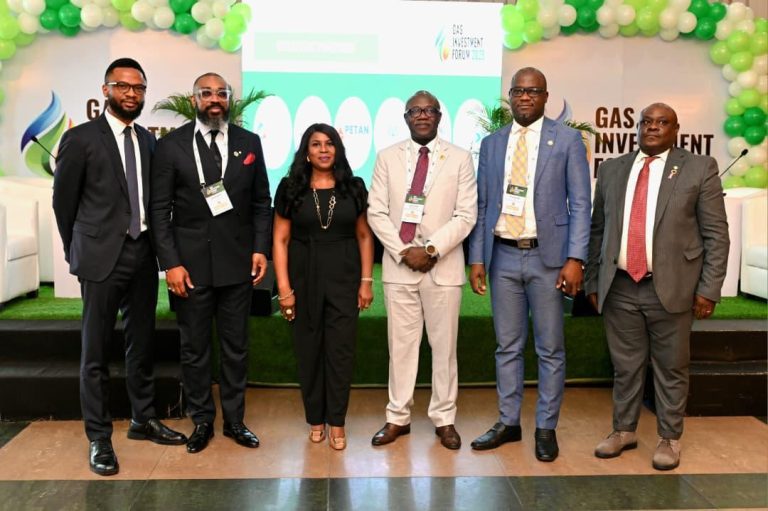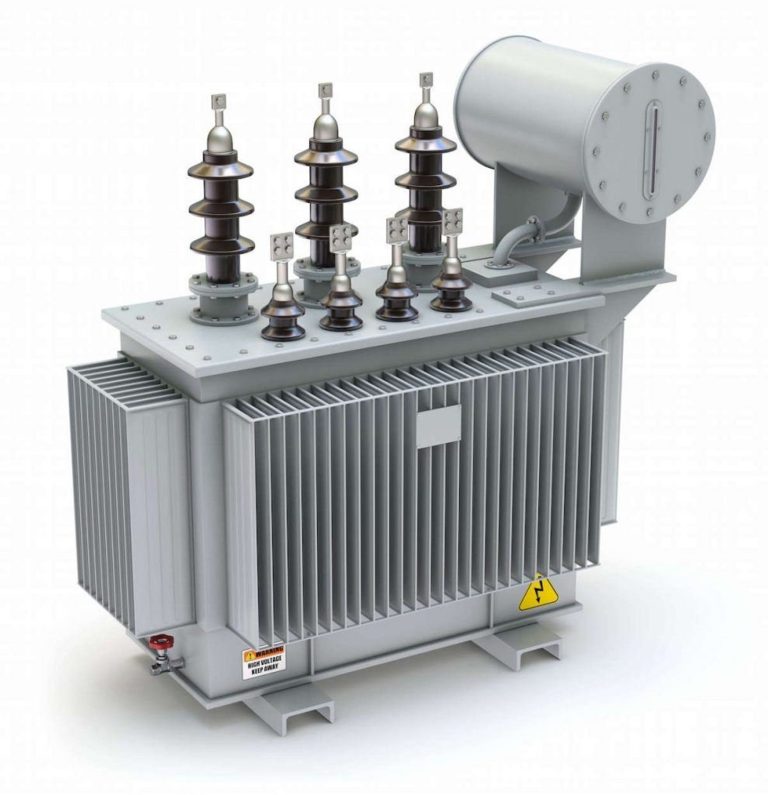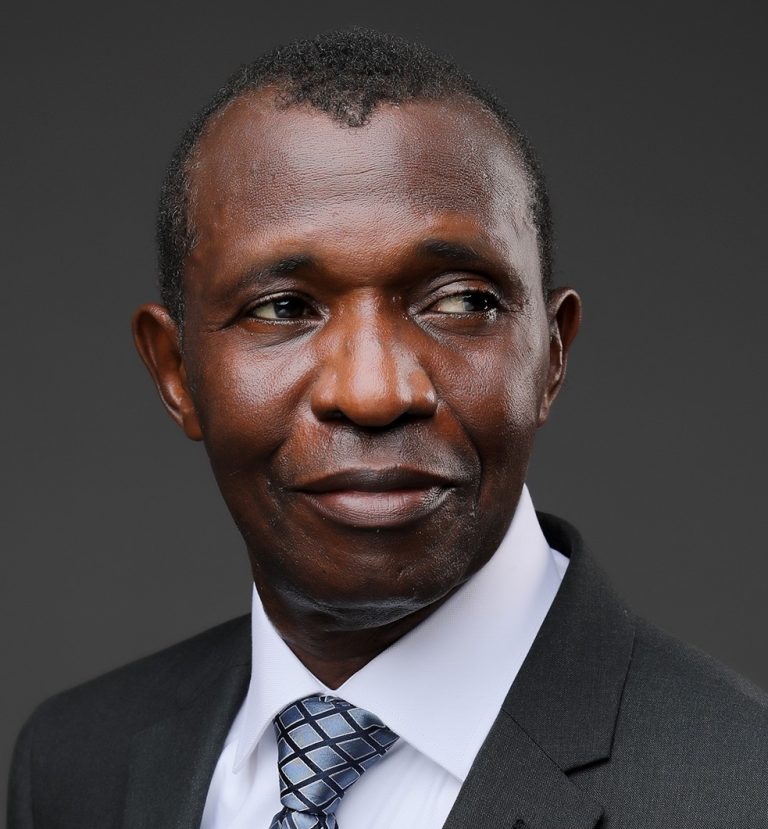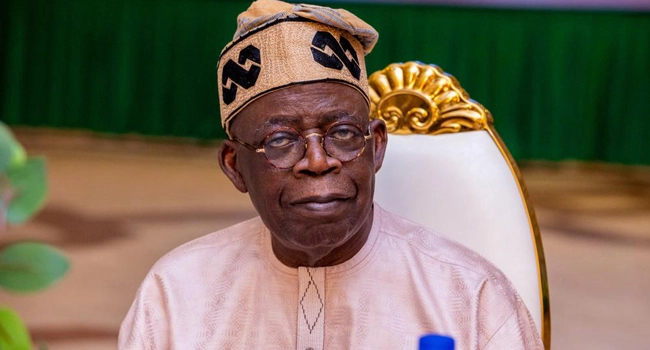
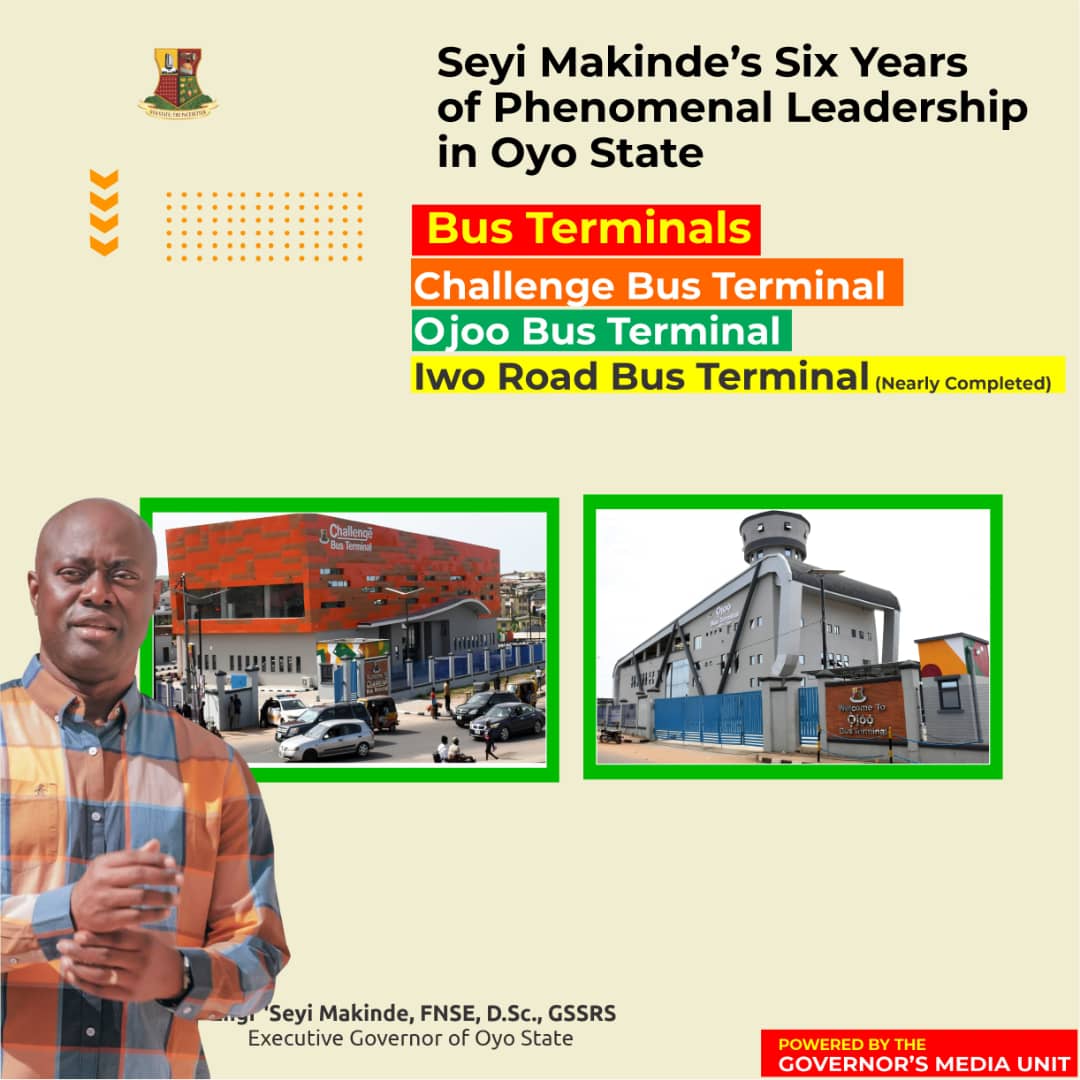
TINUBU SIGNS EXECUTIVE ORDER TO BOOST OIL AND GAS INVESTMENT, CUT PRODUCTION COSTS

GREATRIBUNTVNEWS–PRESIDENT Bola Tinubu has signed an executive order aimed at boosting investment and reducing production costs in Nigeria’s oil and gas sector. The Upstream Petroleum Operations Cost Efficiency Incentives Order, 2025, introduces performance-based tax incentives for upstream operators who deliver verifiable cost savings.
THIS POST IS SPONSORED BY SHELL NIGERIA
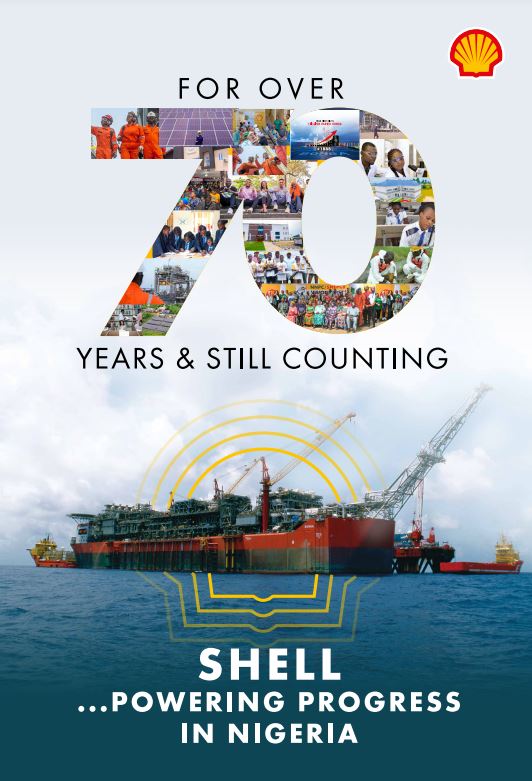
Key Provisions:
– Tax Incentives: Operators who achieve industry-standard cost reductions will qualify for defined tax reliefs, with 50% of incremental government gains from cost savings returned to investors.
– Terrain-Specific Benchmarks: The Nigerian Upstream Petroleum Regulatory Commission (NUPRC) will publish annual cost benchmarks for onshore, shallow water, and deep offshore operations.
– Credit Caps: Tax credits are capped at 20% of an operator’s annual tax liability, ensuring government revenues remain protected.
Objectives:
– Increase Competitiveness: Enhance Nigeria’s global competitiveness in the oil and gas sector.
– Attract Investment: Stimulate investment and boost revenue returns in the sector.
– Improve Efficiency: Promote cost discipline and operational performance among stakeholders .
The executive order builds upon earlier reforms implemented in 2024, which improved fiscal conditions, expedited project timelines, and harmonized local content demands with global standards. With this new order, Nigeria aims to attract significant investments, drive development, and unlock greater value from its oil and gas resources .
Nigeria’s President Bola Tinubu has signed an executive order designed to reduce costs and increase revenue from oil and gas projects.
The new upstream petroleum operations cost efficiency incentives order, 2025, offers tax relief to companies demonstrating cost-cutting measures in their operations.
The executive order aims to encourage cost reduction, stimulate investment and enhance revenue returns in Nigeria’s oil and gas industry.
President Tinubu described the initiative as a decisive step to foster efficiency and renew investor trust in the sector.
The incentives are structured to reward operators that achieve cost savings against industry benchmarks established by the Nigerian Upstream Petroleum Regulatory Commission (NUPRC).
The benchmarks, which will be adjusted annually, will differ depending on operational terrain including onshore, shallow water and deep offshore locations.
Operators who meet or surpass these benchmarks can retain up to 50% of the additional government revenue derived from their cost-efficiency efforts.
However, to protect public finances, the tax credits offered will be limited to 20% of a company’s yearly tax obligation.
Tinubu stated: “This is not about charity, it is about value. Nigeria must attract investment based on a credible promise of returns. This Order signals to the world that our oil and gas sector is being reformed to become efficient, competitive and beneficial to all Nigerians. Every barrel must count, for jobs, growth and our national future.”
To ensure smooth and effective implementation, the president has tasked his Special Adviser on Energy, Olu Verheijen, with overseeing inter-agency coordination and driving alignment across key government institutions.
Verheijen added: “This reform is not just about slashing costs. It is a strategic effort to make Nigeria’s upstream sector globally competitive and fiscally resilient. By incentivising efficiency, we are boosting investor confidence and ensuring greater value for the Nigerian people.”
Senan Murray, from the Office of the Special Adviser to the President on Energy, stated that this executive order builds upon earlier reforms from 2024.
These reforms improved fiscal conditions, expedited project timelines and harmonised local content demands with global standards, laying the groundwork for the current incentives

